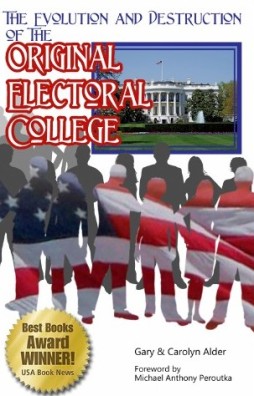Wealth of Nations IV-2-11
To give the monopoly of the home-market to the produce of domestic industry, in any particular art or manufacture, is in some measure to direct private people in what manner they ought to employ their capitals, and must, in almost all cases, be either a useless or a hurtful regulation. If the produce of domestic can be brought there as cheap as that of foreign industry, the regulation is evidently useless. If it cannot, it must generally be hurtful. It is the maxim of every prudent master of a family never to attempt to make at home what it will cost him more to make than to buy. The taylor does not attempt to make his own shoes, but buys them of the shoemaker. The shoemaker does not attempt to make his own clothes, but employs a taylor. The farmer attempts to make neither the one nor the other, but employs those different artificers. All of them find it for their interest to employ their whole industry in a way in which they have some advantage over their neighbours, and to purchase with a part of its produce, or what is the same thing, with the price of a part of it, whatever else they have occasion for.


